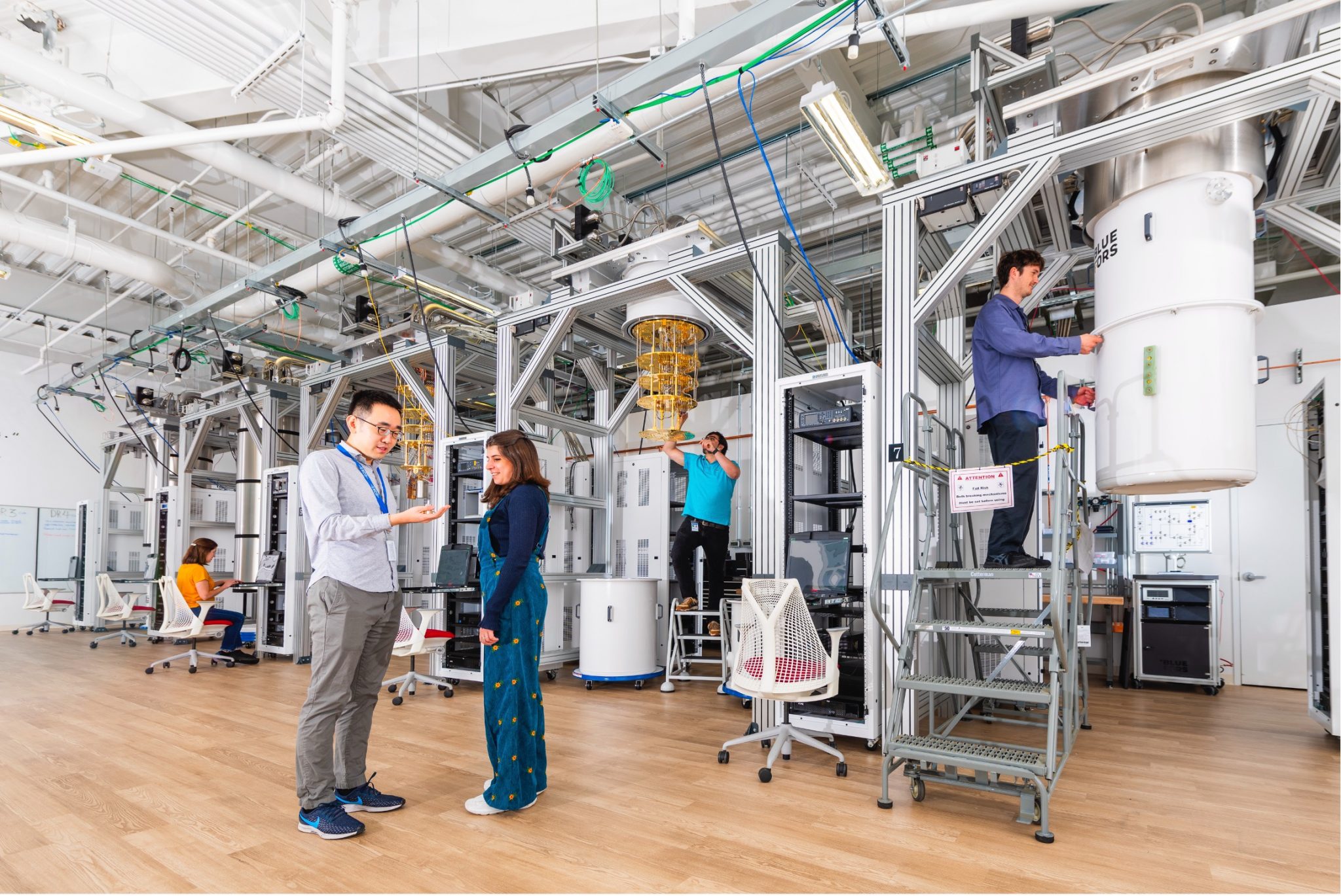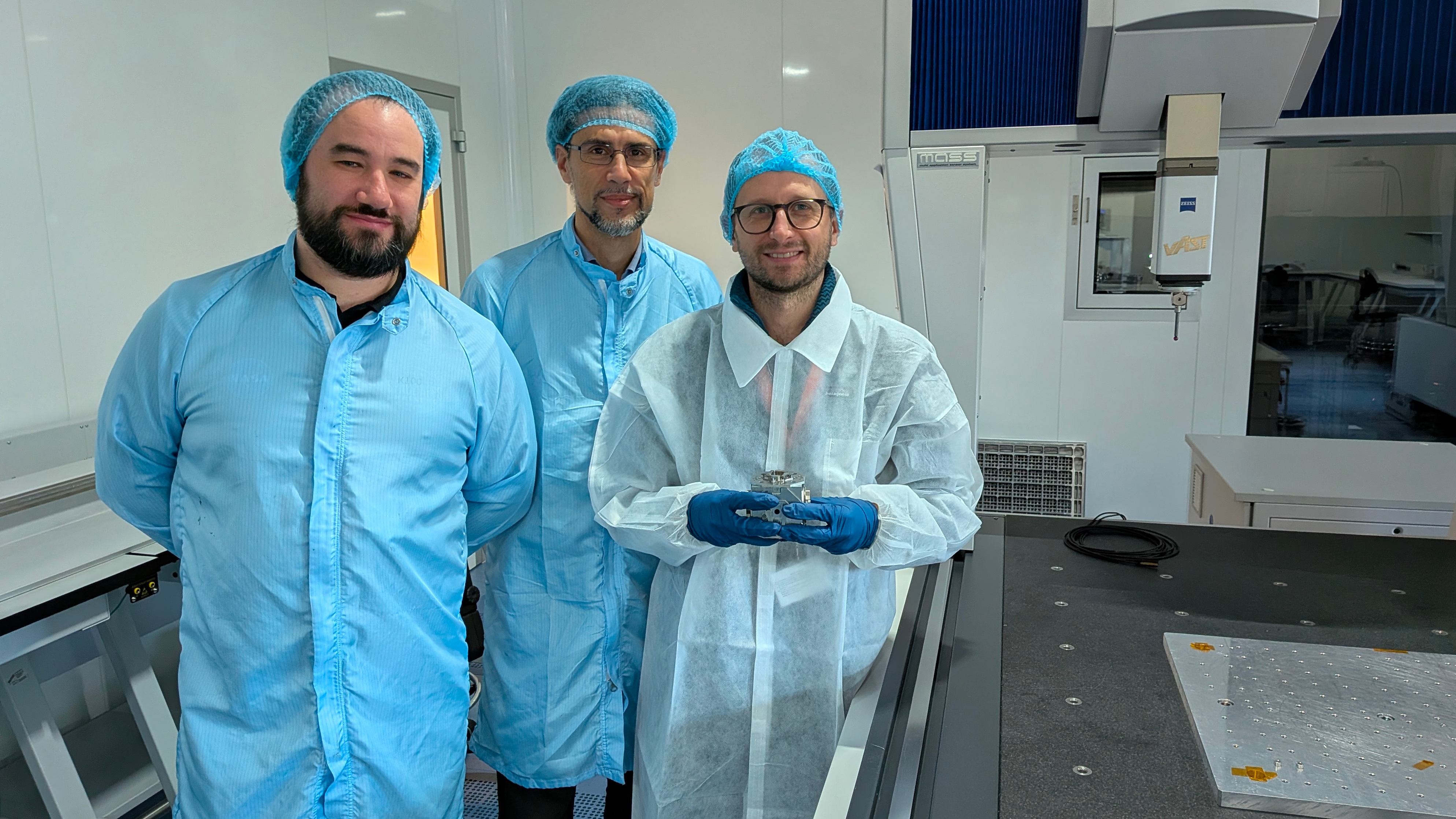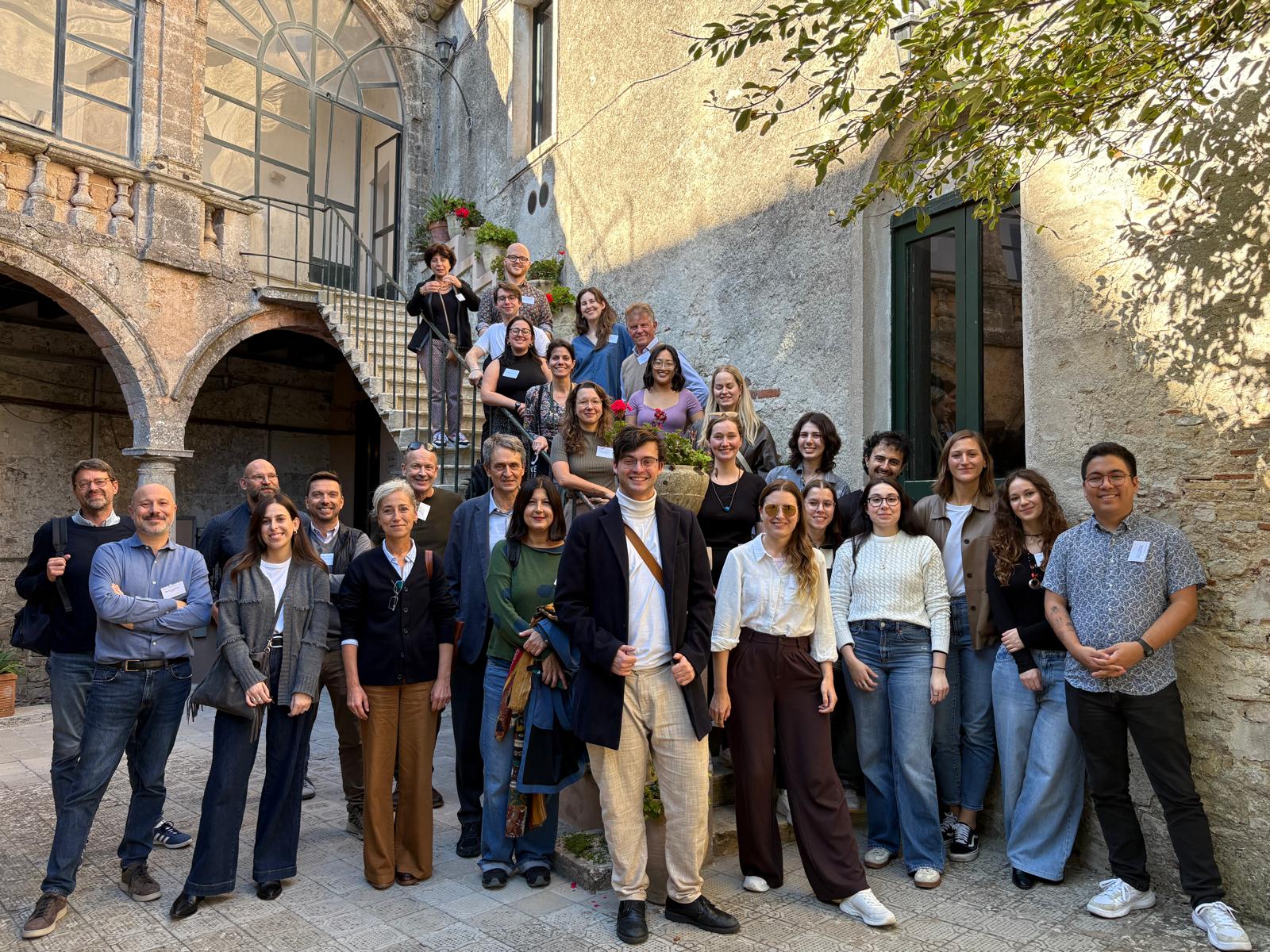 Two international agreements between the INFN and the Chinese Institute of High Energy Physics (IHEP) have been signed in Beijing. The agreement was signed by INFN President Fernando Ferroni and IHEP Director Yifang Wang during the bilateral meeting between the two scientific institutes, which recently took place in the Chinese capital. “Since 2013 the INFN-IHEP Virtual Lab has been operational, with the aim of promoting cooperation between the two institutes – explained Rinaldo Baldini, coordinator of the Virtual Lab, at the origin of these bilateral agreements. At present, this collaboration within the scope of the Virtual Lab concerns activities which are based in China, in particular the JUNO, DAMPE, HAASO and BESIII scientific projects. The agreements just signed – added Baldini – now put the seal on these activities.” Covered by the agreements are two joint training and research projects. The first is an INFN-IHEP co-funded postdoctoral fellowship programme, lasting one or two years, for BESIII and JUNO, and possibly other future collaborations between the two institutes. The second, on the other hand, concerns the funding by IHEP to INFN of one of the three PhD School of Electrical Engineering, Electronics and Communications scholarships of the Politecnico di Torino, under an agreement with INFN. On the sidelines of the bilateral meeting, it was also decided to proceed with the designation of the two selection committees, in order to immediately establish the fellowship programme for the BESIII and JUNO collaborations. “These agreements, via a significant joint financial commitment, represent an important opportunity to give further substance and efficacy to the Joint IHEP-INFN Laboratory – said Marco Maggiora, coordinator of the BESIII group of the INFN Turin section. They indeed offer important opportunities for professional and academic growth to young Italian and Chinese researchers.” “These are very important agreements – added Amedeo Staiano, Director of the INFN Turin section – that strengthen contacts between INFN and IHEP and lay the foundation for future collaborations. On the one hand, in fact, young scholars associated with INFN programmes can carry out research at IHEP, as happens with similar programmes at CERN in Geneva. On the other – concluded Staiano -, Chinese students will have the opportunity to be trained in prestigious institutes such as INFN and the Politecnico di Torino.”
Two international agreements between the INFN and the Chinese Institute of High Energy Physics (IHEP) have been signed in Beijing. The agreement was signed by INFN President Fernando Ferroni and IHEP Director Yifang Wang during the bilateral meeting between the two scientific institutes, which recently took place in the Chinese capital. “Since 2013 the INFN-IHEP Virtual Lab has been operational, with the aim of promoting cooperation between the two institutes – explained Rinaldo Baldini, coordinator of the Virtual Lab, at the origin of these bilateral agreements. At present, this collaboration within the scope of the Virtual Lab concerns activities which are based in China, in particular the JUNO, DAMPE, HAASO and BESIII scientific projects. The agreements just signed – added Baldini – now put the seal on these activities.” Covered by the agreements are two joint training and research projects. The first is an INFN-IHEP co-funded postdoctoral fellowship programme, lasting one or two years, for BESIII and JUNO, and possibly other future collaborations between the two institutes. The second, on the other hand, concerns the funding by IHEP to INFN of one of the three PhD School of Electrical Engineering, Electronics and Communications scholarships of the Politecnico di Torino, under an agreement with INFN. On the sidelines of the bilateral meeting, it was also decided to proceed with the designation of the two selection committees, in order to immediately establish the fellowship programme for the BESIII and JUNO collaborations. “These agreements, via a significant joint financial commitment, represent an important opportunity to give further substance and efficacy to the Joint IHEP-INFN Laboratory – said Marco Maggiora, coordinator of the BESIII group of the INFN Turin section. They indeed offer important opportunities for professional and academic growth to young Italian and Chinese researchers.” “These are very important agreements – added Amedeo Staiano, Director of the INFN Turin section – that strengthen contacts between INFN and IHEP and lay the foundation for future collaborations. On the one hand, in fact, young scholars associated with INFN programmes can carry out research at IHEP, as happens with similar programmes at CERN in Geneva. On the other – concluded Staiano -, Chinese students will have the opportunity to be trained in prestigious institutes such as INFN and the Politecnico di Torino.”





